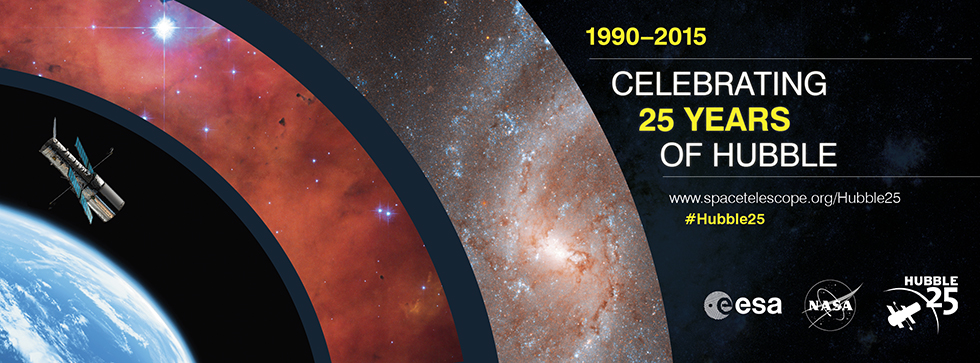
[전문 + mp3] / [받아쓰기]
Before the Hubble Space Telescope, people saw the field of astronomy differently than they do today. American spacecraft did provide detailed pictures of Jupiter and Saturn, planets in our own solar system. But deep space, the place where nebulae and galaxies exist, remained mostly colorless -- until the Hubble Space Telescope. It has provided detailed and often colorful images of once unimaginable objects. Friday marks 25 years since Hubble left the ground. It was launched on the American space agency’s Space Shuttle Discovery. The agency, also known as NASA, says the telescope can no longer be repaired in space. But a new space telescope, the James Webb Space Telescope, is being built and tested. Plans call for it to be launched from French Guiana in October of 2018.
* space telescope = 우주 망원경/ astronomy = 천문학/ spacecraft = 우주선/ the solar system = 태양계/ nebulae = 성운(복수); nebula(단수)/ galaxy = 은하수, 은하계/ mark = ~을 기념하다
The Hubble and the Webb telescopes have much in common. Scientists designed both to operate in the vacuum of outer space. In other words, they can work in an environment without air. Both telescopes use mirrors to collect and redirect light to make pictures, and radio signals to send these images back to earth. And both are powered by sunlight. However, NASA officials say the James Webb Space Telescope is different from Hubble. Matt Greenhouse is a project scientist for the Webb telescope. “The Webb, as we call it, is the successor to Hubble Space Telescope, and it is designed to do science that the Hubble can’t do by virtue of its design. One of the biggest differences between the Webb and the Hubble is that the Webb is designed to be an infrared telescope to see these very primordial objects, these objects that are among the oldest objects in the universe.”
* have ~ in common = 공통적으로 지니다/ vacuum = 진공/ outer space = (대기권 외) 우주 공간/ as we(you, they) call it = 소위, 이른바/ successor to ~ = ~의 후임(후계자), 계승하는 것/ by virtue of ~ = ~덕분에(때문에), ~의 힘으로/ infrared telescop = 적외선망원경/ primordial = 태고의, 원시(원초)적인












